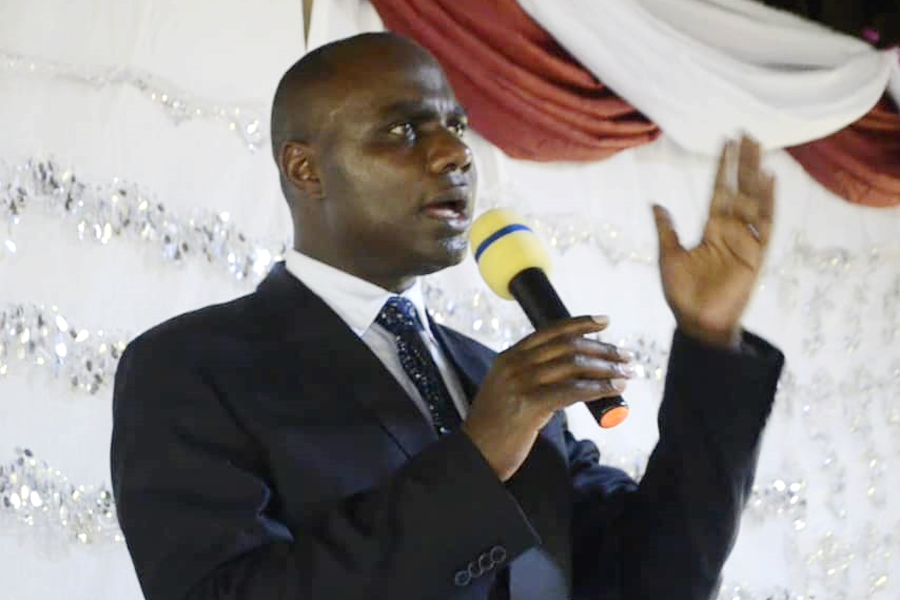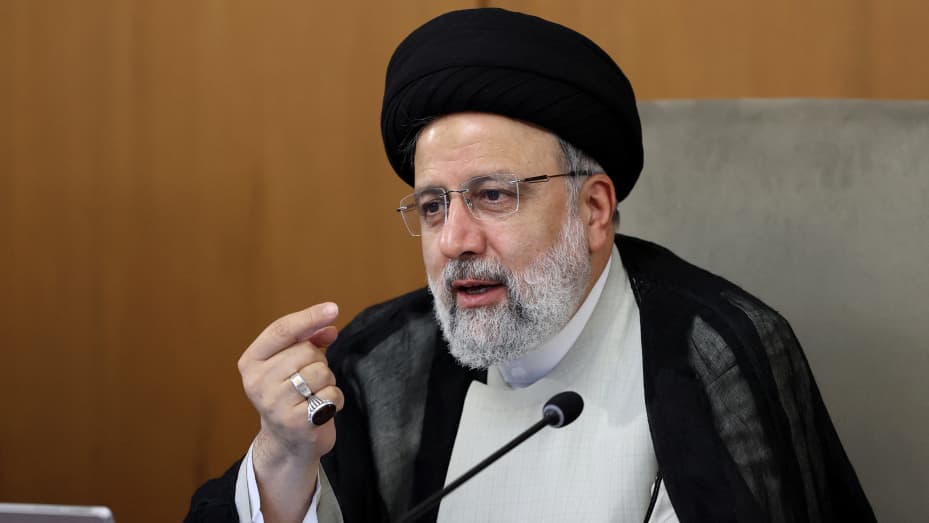The unseen struggles of mental health

Someone said “privilege is when you think something is not a problem because you are not affected personally,” and it struck me, could this be the reason why people do not take mental health interventions seriously? this speaks to the invisible struggles that communities are battling and those in position to do it are not moved because it doesn't hit home.
What worsens the situation is that we live in societies where the issue is not the effect but rather the lack of knowledge that mental health is cancer that all of us are fighting knowingly or unknowingly.
In many societies, mental health still carries a stigma, viewed as a personal weakness rather than a legitimate medical concern. This stigma perpetuates misconceptions and prevents open discussions about mental health challenges leading to a worse state for those affected. When individuals do not personally experience or understand mental health issues, they may dismiss interventions or fail to prioritize them, further perpetuating the cycle of neglect.
Moreover, the lack of widespread awareness compounds the issue. Unlike physical health problems that manifest visibly, mental health struggles can be invisible to others, leading to misunderstandings or disbelief about their severity. Without proper education and awareness campaigns, many people may not realize the prevalence and impact of mental health issues in our communities.
When we hear awareness, we turn to campaigns which can be costly but that is not always the case. In an interview with Juliet Nassali a psychotherapist, she highlighted that we have enough resources to spread awareness, starting with self-educating on the phenomenon but this widespread belief that mental health is a Western people problem keeps taking us back.
Addressing this requires a multi-faceted approach. Education and destigmatization efforts are crucial for increasing awareness and understanding of mental health. Encouraging open dialogue about mental health challenges can help break down barriers and foster empathy and support for those struggling.
The educational body and work spaces are still skeptical about this I guess but integrating mental health education into school curricula and workplace training programs can help normalize discussions and empower individuals to seek help when needed.
In my conversation with Moses Mpanga, a psychotherapist at Mind Nest Uganda he affirmed that this is one effective way to have people fully aware of their mental wellbeing.
Ultimately, recognizing and addressing mental health as a collective challenge that affects us all is essential for fostering a society where everyone can access the support and resources they need to thrive.
It is important to state that mental health is not mental illness. Illnesses are diagnosed by professionals in that field whereas mental health is simply just the state of mind. Just like the flu that goes away with time so is some mental health cases.













